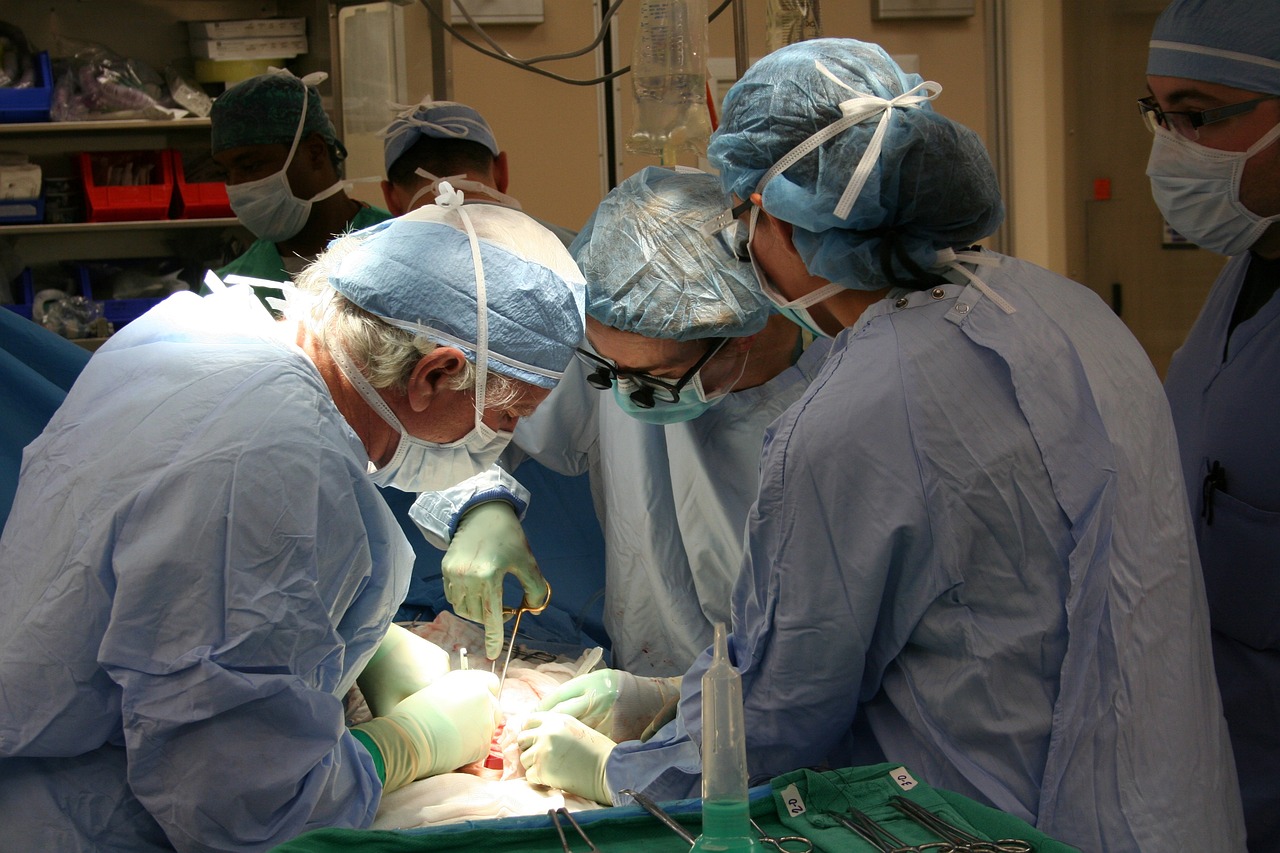What You Need to Know: Debunking Common Misconceptions About HBOT

14/05/2025
0 Comments
Hyperbaric Oxygen Therapy (HBOT) is often shrouded in myths and misconceptions that can cloud its true potential. Many people associate it solely with scuba diving or wound healing, while others


